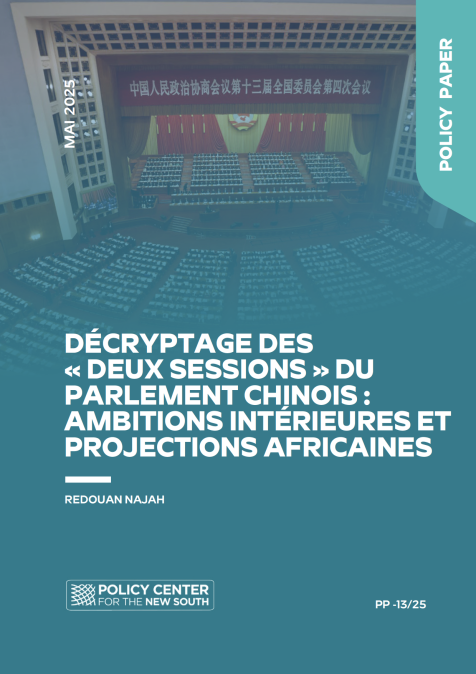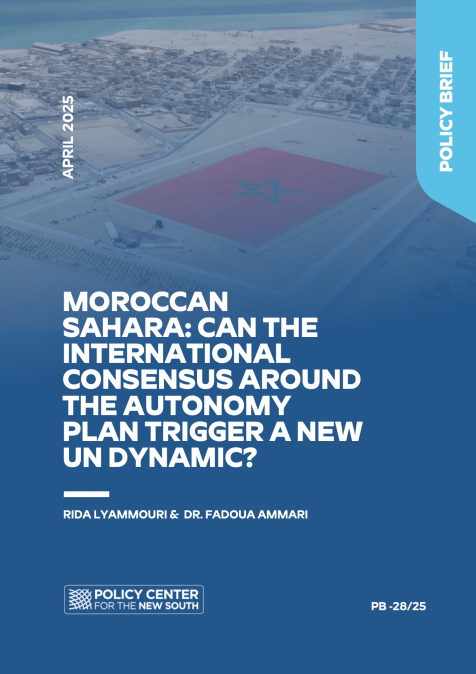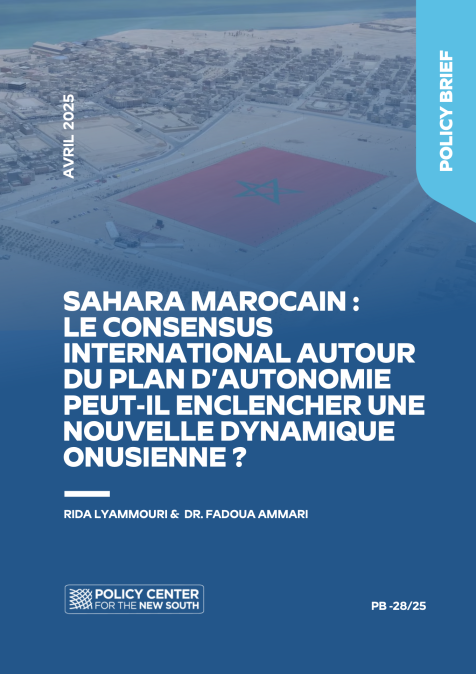The Middle East faces a web of complex crises driven by historical legacies, regional power struggles, and ongoing geopolitical tensions. Among these crises, the Israeli-Palestinian conflict stands out as a deeply entrenched issue, marked by competing national aspirations and territorial disputes. The region’s challenges are further compounded by a mix of deeply rooted conflicts, sectarian divides, and the influence of both regional and global actors. These crises have far-reaching implications, affecting global security, economic stability, and international diplomacy. Understanding the dynamics of these conflicts requires a comprehensive view of their historical contexts and current geopolitical shifts. In this interview, our columnist Helmut Sorge hosts Charles Kupchan, Senior Fellow at the Council on Foreign Relations (CFR). Kupchan shares insights into the underlying factors shaping the Middle East's past and ongoing crises, including the Israeli-Palestinian conflict. He explores the roles of major international players and discusses potential paths toward resolution, shedding light on the region’s complex landscape and its broader impact on global affairs.
RELATED CONTENT
-
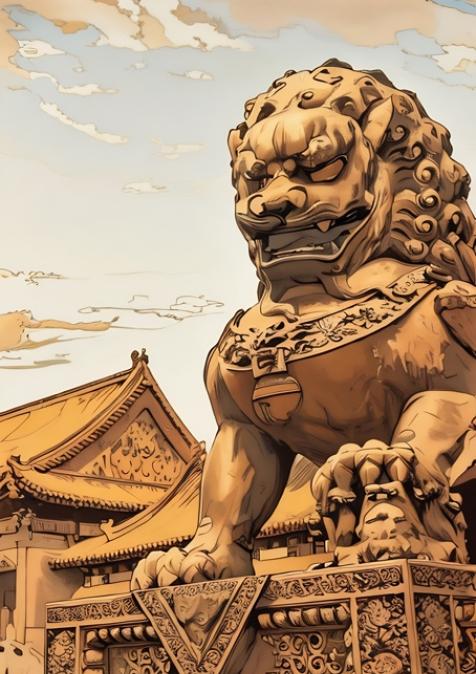 AuthorsJune 5, 2025The history of relations between the West and East Asia is deeply rooted in fear, dating back to the 13th century when Mongol hordes swept from Central Asia into the European steppes. This civilizational neurosis took root in the European imagination and has since shaped Western perceptions of the East. The derogatory racial metaphor “Yellow Peril”, which emerged in the late 19th century, was not a new invention but rather a recurring theme invoked whenever politically expedient. It ...
AuthorsJune 5, 2025The history of relations between the West and East Asia is deeply rooted in fear, dating back to the 13th century when Mongol hordes swept from Central Asia into the European steppes. This civilizational neurosis took root in the European imagination and has since shaped Western perceptions of the East. The derogatory racial metaphor “Yellow Peril”, which emerged in the late 19th century, was not a new invention but rather a recurring theme invoked whenever politically expedient. It ... -
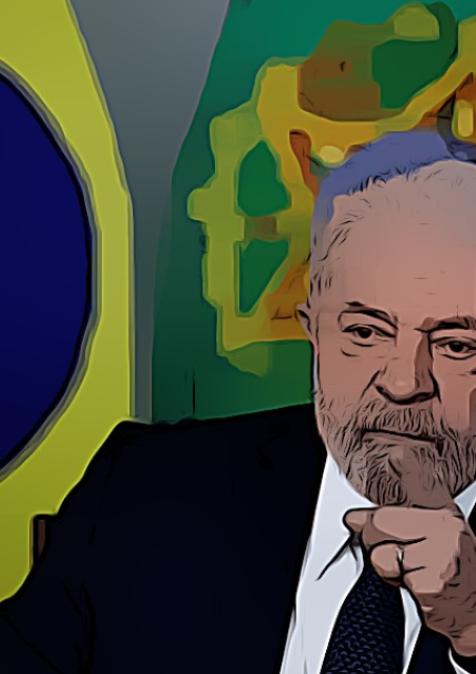 AuthorsRafael R. IorisJune 4, 2025This article was written by an external contributor. The author is not affiliated with the Policy Center for the New South, and the views expressed herein are solely those of the author. The Liberal International Order (LIO), established in the aftermath of WWII, is now facing unprecedented challenges. Though the main proponent of this same Order, the United States under Donald Trump has turned against traditional allies and is actively seeking to undermine the v ...
AuthorsRafael R. IorisJune 4, 2025This article was written by an external contributor. The author is not affiliated with the Policy Center for the New South, and the views expressed herein are solely those of the author. The Liberal International Order (LIO), established in the aftermath of WWII, is now facing unprecedented challenges. Though the main proponent of this same Order, the United States under Donald Trump has turned against traditional allies and is actively seeking to undermine the v ... -
Pedro Seabra & Driss Alaoui BelghitiJune 04, 2025As global power dynamics evolve, the transatlantic relationship remains a cornerstone of international security, trade, and diplomacy. However, shifting alliances, economic uncertainty, a ...
-
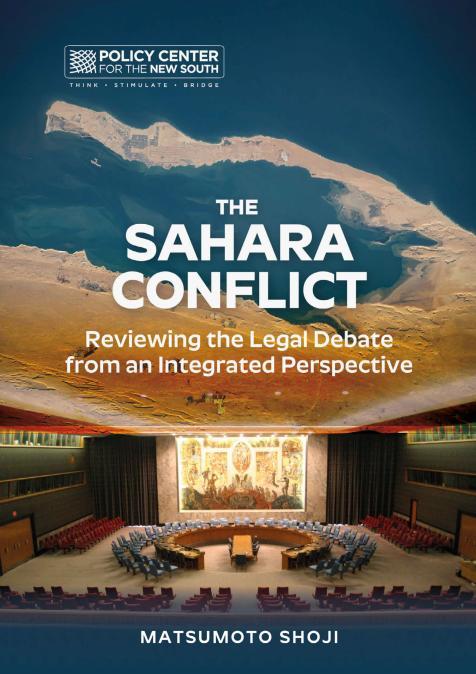 AuthorsJune 3, 2025As the ‘Western Sahara Conflict’, rather a dispute, because in 1975 the Sahara sovereignty was disputed by Morocco, Mauritania and the Polisario, dates back to 1975, so its international legal consideration relates to the Declaration of Principles on Western Sahara by Spain, Morocco and Mauritania (Madrid Accord), concluded in 1975 among Spain, Morocco and Mauritania for decolonizing ‘Western Sahara.’Here, the term Western Sahara is not geopolitically neutral in the context of ...
AuthorsJune 3, 2025As the ‘Western Sahara Conflict’, rather a dispute, because in 1975 the Sahara sovereignty was disputed by Morocco, Mauritania and the Polisario, dates back to 1975, so its international legal consideration relates to the Declaration of Principles on Western Sahara by Spain, Morocco and Mauritania (Madrid Accord), concluded in 1975 among Spain, Morocco and Mauritania for decolonizing ‘Western Sahara.’Here, the term Western Sahara is not geopolitically neutral in the context of ... -
AuthorsMay 15, 2025L’année 2024 a coïncidé avec la célébration du 75e anniversaire de la fondation de la République populaire de Chine, étape clé dans la réalisation des objectifs fixés par le 14e Plan quinquennal. Dans ce contexte, les Deux sessions annuelles 2025 du Parlement chinois – celle de l'Assemblée populaire nationale (APN), organe législatif suprême, et du Comité national de la Conférence consultative politique du peuple chinois (CCPPC), organe consultatif - ont retenu l’attention ...
-
AuthorsAlberto TagliapietraGuilherme CasarõesMay 14, 2025Global governance is undergoing a profound transformation, marked by growing polarization, the weakening of multilateral institutions, and the rise of informal, flexible frameworks. As great powers drift from multilateral commitments, and instead prioritize transactional or unilateral actions, middle powers are emerging as key actors in shaping the future of global governance. These countries, ranging from Brazil and South Africa to Poland, Türkiye, and South Korea, navigate the in ...
-
AuthorsFadoua AmmariMay 12, 2025This Policy Brief explores the potential evolution of the United Nations’ stance on the Moroccan Sahara issue in light of recent diplomatic developments. It builds on the reaffirmed U.S. support for Morocco's proposed Autonomy Plan, which has played a key role in broadening international consensus in favor of a pragmatic resolution. Despite positive signs within the Security Council, the UN-led process remains stalled, largely due to persistent divisions among member states and th ...
-
Mohamed Brick, Chaima JabbarMay 09, 2025Ce podcast propose une analyse de la montée des discours souverainistes en Afrique de l’Ouest, notamment dans les pays de l’AES et au Sénégal. Il explore les logiques idéologiques, les ch ...
-
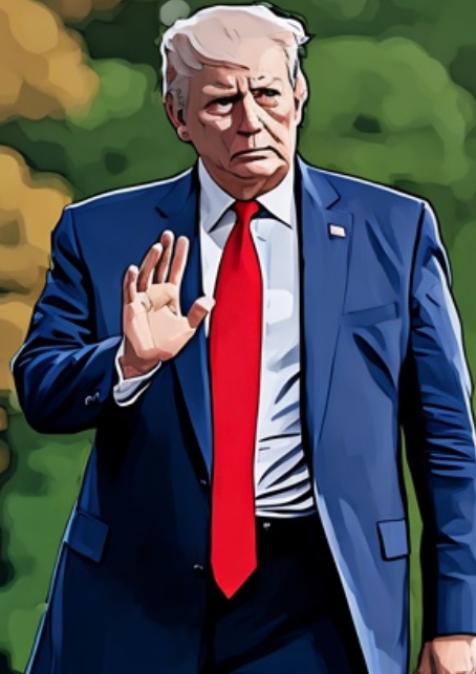 AuthorsMay 2, 2025The first hundred days of Donald Trump's presidency have again demonstrated his capacity to defy convention and polarize opinion. Far from merely repeating his earlier administration, this new chapter is best understood as part of a long-term repositioning of the United States within a rapidly shifting international system—one where American primacy is no longer assumed but increasingly contested. On the domestic front, Trump's agenda has been marked by political calculation and a ...
AuthorsMay 2, 2025The first hundred days of Donald Trump's presidency have again demonstrated his capacity to defy convention and polarize opinion. Far from merely repeating his earlier administration, this new chapter is best understood as part of a long-term repositioning of the United States within a rapidly shifting international system—one where American primacy is no longer assumed but increasingly contested. On the domestic front, Trump's agenda has been marked by political calculation and a ... -
AuthorsFadoua AmmariApril 30, 2025Ce Policy Brief examine les perspectives d’évolution de la position des Nations Unies sur le dossier du Sahara marocain à la lumière des récentes dynamiques diplomatiques. Il s’appuie sur la réaffirmation du soutien américain au Plan d’autonomie proposé par le Maroc, qui a contribué à élargir un consensus international en faveur d’une solution pragmatique. Malgré des signes positifs au sein du Conseil de sécurité, le processus onusien demeure bloqué, notamment en raison de divisions ...


